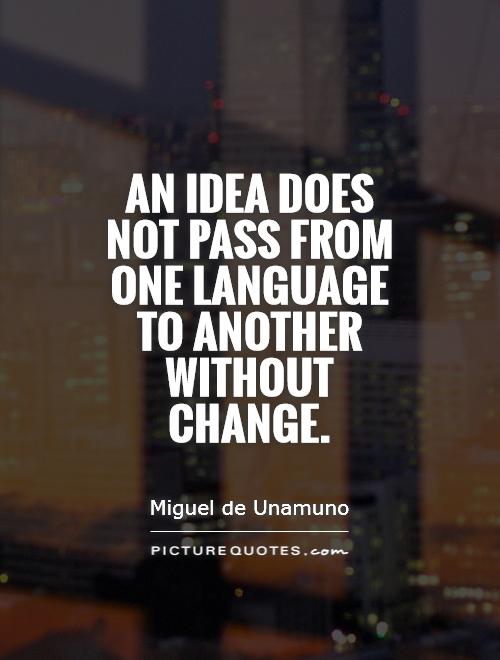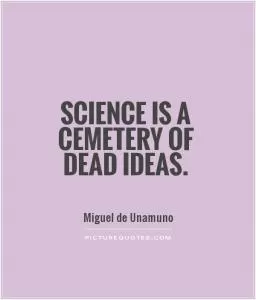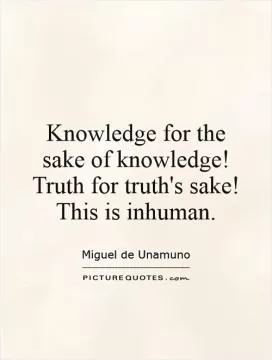An idea does not pass from one language to another without change

An idea does not pass from one language to another without change
Miguel de Unamuno, a Spanish philosopher and writer, was known for his deep exploration of the human condition and the complexities of existence. His works often delved into the nature of language and communication, and how ideas are transmitted and transformed through different languages.Unamuno believed that language was not just a tool for communication, but also a medium through which ideas and emotions were expressed and understood. He argued that when an idea is translated from one language to another, it inevitably undergoes a transformation, as the nuances and subtleties of the original language are lost or altered in the process.
Unamuno's views on language and translation can be seen in his own works, which have been translated into numerous languages. While his ideas and themes may remain intact in translation, the specific words and phrases he used to convey them may not carry the same weight or meaning in another language. This is because language is not just a means of communication, but also a reflection of culture, history, and identity.
In his essay "The Tragic Sense of Life," Unamuno explores the limitations of language in expressing the deepest emotions and experiences of human existence. He argues that words are often inadequate to capture the full depth and complexity of our innermost thoughts and feelings, and that language can never fully convey the essence of what it means to be human.
Unamuno's ideas on language and translation are particularly relevant in today's globalized world, where communication across different languages and cultures is increasingly common. As we strive to bridge the gaps between languages and understandings, it is important to recognize the inherent limitations of translation and the ways in which ideas are inevitably transformed in the process.












 Friendship Quotes
Friendship Quotes Love Quotes
Love Quotes Life Quotes
Life Quotes Funny Quotes
Funny Quotes Motivational Quotes
Motivational Quotes Inspirational Quotes
Inspirational Quotes